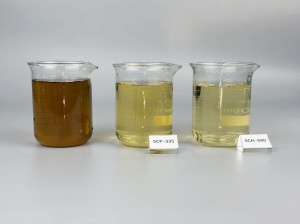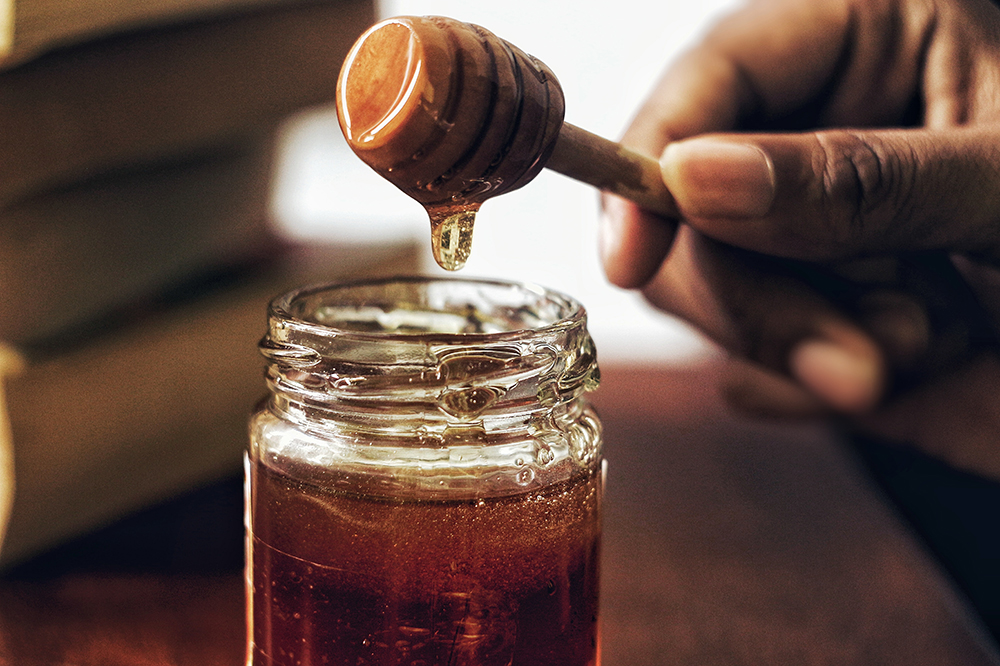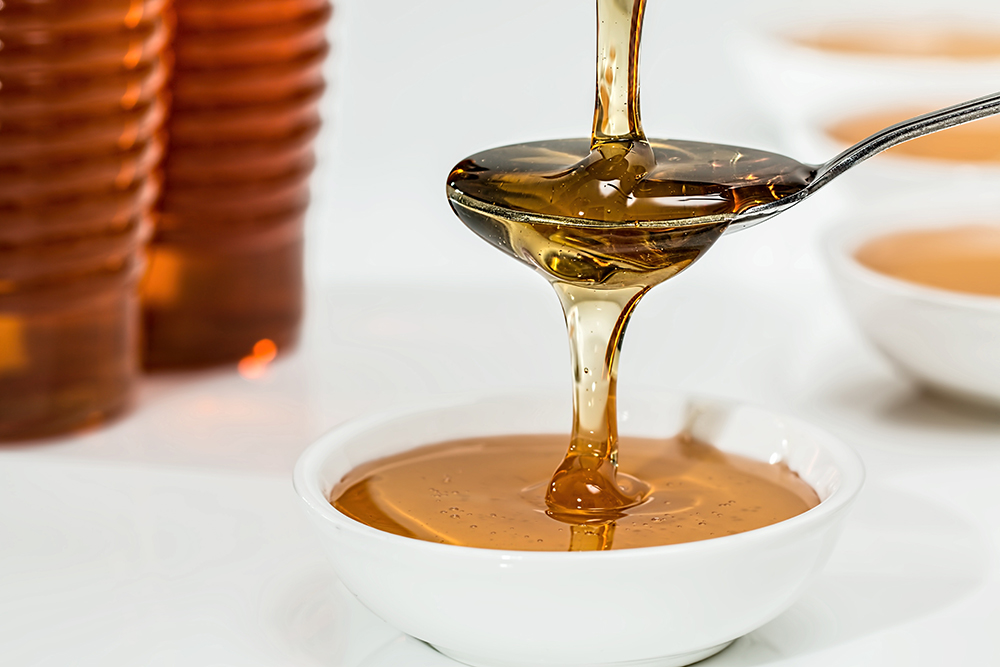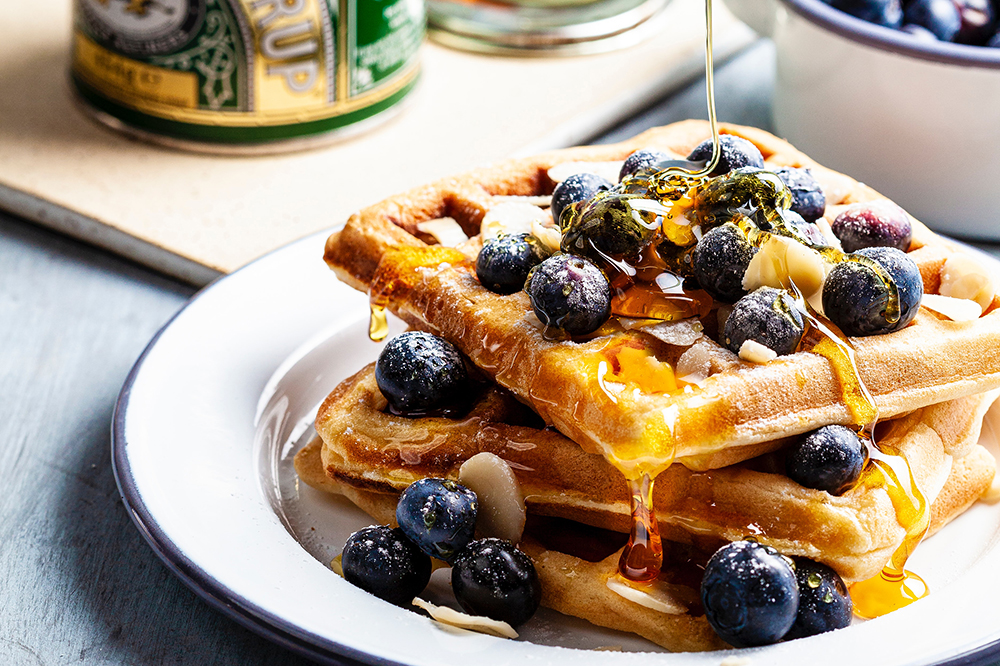The sugar industry has a long-standing tradition of utilizing separation and filtration processes. In recent years, however, the global sugar supply chain has become increasingly complex, with fluctuations in raw material availability and processing methods significantly affecting both the quality and cost of sugar syrup. For industrial users such as soft drink and energy drink manufacturers—who rely heavily on consistent, high-quality sugar syrup—these changes demand the implementation of advanced internal treatment processes.
The Role of Filtration in Sugar Syrup Production
Filtration is a critical step in the production of sugar syrups used across a variety of sectors, including beverage, confectionery, pharmaceutical, and industrial applications. The primary objective is clear: to produce a visually clear, microbiologically safe, and contaminant-free syrup that meets strict quality and safety standards.
Why Filter Sugar Syrup?
Sugar syrup may contain a variety of contaminants that must be removed to ensure quality and process efficiency, including:
1. Undissolved solids from raw materials (sugar cane or beet)
2. Pipe scale or corrosion particles
3. Resin fines (from ion exchange processes)
4. Microbial contaminants (yeast, mold, bacteria)
5. Insoluble polysaccharides
These impurities not only cloud the syrup, but can also negatively affect taste, aroma, and texture. In ready-to-drink products, bacterial contamination is especially problematic, requiring final filtration down to 0.2–0.45 µm to ensure safety and shelf stability.
Common Challenges in Syrup Filtration
1. High Viscosity: Slows down filtration and increases energy use.
2. Heat Sensitivity: Requires filters that can operate under high-temperature conditions without degrading.
3. Hygiene Compliance: Demands filters that are compatible with food-grade cleaning and sanitization procedures.
4. Microbial Control: Requires fine filtration for safety in beverage applications.
Traditional Filtration Systems in Sugar Mills
Historically, sugar mills have relied on low-pressure, low-capacity filtration systems that use filter aids to form a filtration cake. While effective to a degree, these systems are often bulky, require large floor space, involve heavy construction, and demand significant operator attention. They also incur high operating and disposal costs due to the use of filter aids.
Great Wall Filtration: A Smarter Solution
Great Wall Filtration provides advanced depth filtration solutions tailored for the sugar and beverage industries. Their filter sheets, filter cartridges, and modular filtration systems are designed to meet the high demands of modern sugar syrup processing. Key benefits include:
• SCP/A series filter media made of high-purity cellulose with high strength ensure safety at high process temperatures
• Special design of the backflushable SCP series stacked disc cartridges ensures process reliability and economical service life
• Fully automated inline filtration solution increases productivity and reduces filtration costs
• SCP series stacked disc cartridges with immobilized activated carbon meet special requirements for color and odor correction
• FDA and EU food compliant filter media increase process and end product safety
• Great Wall’s membrane modules can contain different types of cardboard and are paired with membrane filters. They are easy to operate, isolated from the external environment, and more hygienic and safe.
• Great Wall can provide cardboard plate and frame filters and membrane stack filters. We also provide commissioning and installation services in any country.
• Suitable for various syrup types: fructose syrup, liquid sugar, white sugar, honey, lactose, etc.

Great Wall’s solutions enable producers to maintain consistent syrup clarity, taste, and microbiological safety, regardless of variability in raw sugar sources or processing methods.
Recommended Filtration Strategy
1. Pre-filtration of Water: Before sugar dissolution, water should be filtered via a two-stage cartridge system to remove particulates and microorganisms.
2. Coarse Filtration: For syrups containing larger particles, upstream filtration with filter bags helps reduce load on finer filters.
3. Depth Filtration: Great Wall depth filter sheets effectively remove fine particles and microbial contaminants.
4. Final Microfiltration: For ready-to-drink applications, final membrane filtration down to 0.2–0.45 µm is recommended.
Conclusion
Filtration is indispensable in sugar syrup production. With the increasing demand for clean, high-quality syrups in beverages and other food products, companies must adopt reliable and efficient filtration systems. Great Wall Filtration offers modern, cost-effective solutions that not only improve syrup quality but also optimize production efficiency and reduce operational costs. By partnering with Great Wall, sugar processors and beverage manufacturers can ensure their products consistently meet consumer expectations and regulatory requirements.
FAQ
Why is filtration necessary in sugar syrup production?
Sugar syrup may contain undissolved solids, pipe corrosion particles, resin fines, and microbial contaminants. These impurities can affect the clarity, taste, and safety of the syrup. Filtration effectively removes these contaminants to ensure product quality and food safety.
What are the main challenges in filtering sugar syrup?
Sugar syrup is highly viscous, which slows filtration rates and increases pressure drop. Filtration often occurs at elevated temperatures, so filters must be heat-resistant. Additionally, food-grade sanitation standards must be met to control microbial contamination.
What are the disadvantages of traditional sugar mill filtration systems?
Traditional systems usually operate at low capacity and pressure, require large floor space, use filter aids to form a filter cake, and involve complex operations with high operating costs.
What advantages does Great Wall Filtration offer for sugar syrup filtration?
Great Wall Filtration provides high-performance depth filtration products that are heat-resistant, chemically compatible, have high dirt-holding capacity, and meet food safety certifications. They effectively remove suspended solids and microbes, helping produce stable, high-quality syrup.
How is microbial safety ensured in sugar syrup?
Microbial safety is ensured by fine filtration down to 0.2-0.45 microns to remove bacteria and yeast, combined with stringent cleaning and sanitization procedures such as CIP/SIP.
Is water treatment important before sugar syrup production?
Yes, it is crucial. Water used for sugar dissolution should be filtered through a two-stage cartridge system to remove particles and microorganisms, preventing syrup contamination.
How to handle coarse particles in sugar syrup?
Coarse filtration with filter bags is recommended upstream of fine filtration to remove larger particles, protect downstream filters.








